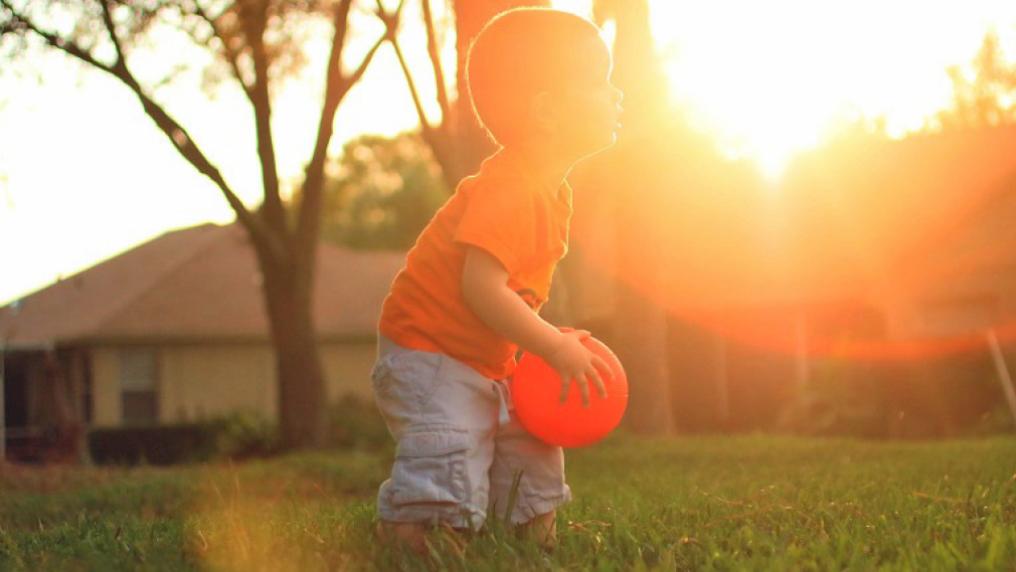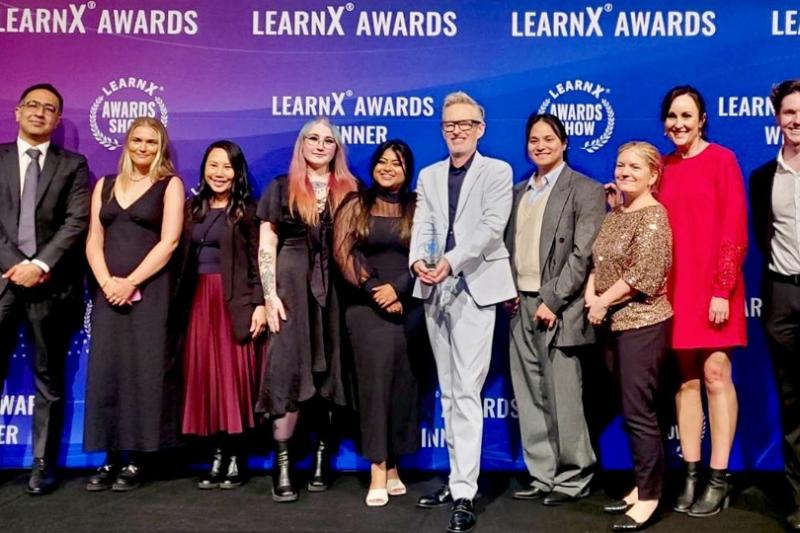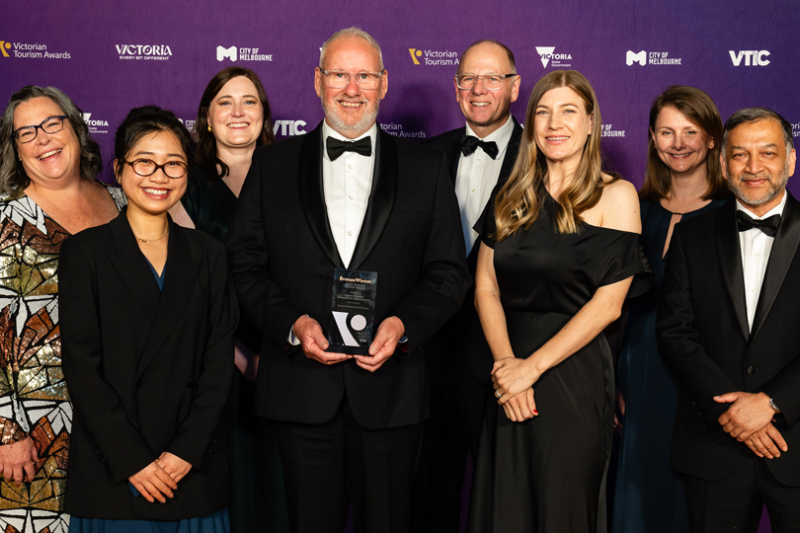New OECD report strengthens call for two years of preschool

New international findings reveal the biggest boost to high school student performance is occurring in countries with at least two years of high quality, universal preschool.
Mitchell Institute at Victoria University early childhood education and care (ECEC) expert, Dr Stacey Fox said the new OECD Starting Strong report contains fresh evidence suggesting that when it comes to preschool, two years are better than one.
“Australia’s education performance is lagging behind countries that support two years of preschool,” Dr Fox explained.
“We have successfully grown the number of children who attend preschool in the year before school, so we urgently need to build on this momentum and make preschool available for 3 year olds as well.
“The evidence for a second year of preschool continues to grow and grow – the new findings clearly link two years of preschool with student performance in high school, particularly in important skills areas like science.
“There is also new evidence showing more time in preschool is transformative for disadvantaged children.”
The report says two years of preschool is one of the most powerful influences on PISA test results at age 15. It finds that students who attend less than one year of preschool are more than twice as likely to be low performers in science than students who attend preschool for two years, which is concerning given Australia has low participation rates for two years of preschool.
The report also highlights that children from disadvantaged backgrounds are most likely to benefit from ECEC, but are least likely to participate – Australia is below the OECD average on this front.
On top of this, Australian families contribute a high proportion of funding for ECEC when comparing internationally. In almost half of OECD countries, 90 per cent or more of total ECEC expenditure comes from government but in Australia, families pay 35 per cent.
There is some good news in the findings: Australia has one of the fastest growth rates internationally for 4 year olds attending preschool, thanks to governments making this a priority and committing to a National Partnership Agreement in 2008. However this Agreement is set to expire next year, and does not currently include a focus on expanding preschool to 3 year olds.
Dr Fox hopes the new report will help inform policies that lift quality and expand access to ECEC in Australia.
“We now have over 15 years of OECD data and analysis in one publication, covering access, participation, affordability, quality and impact. Governments can use this to improve early learning across Australia.
“We’ve seen a surge of policy attention for ECEC in recent years, and we’re getting more and more evidence of its impact, so we hope to see changes that support Australian children having the best start in life.” ENDS



